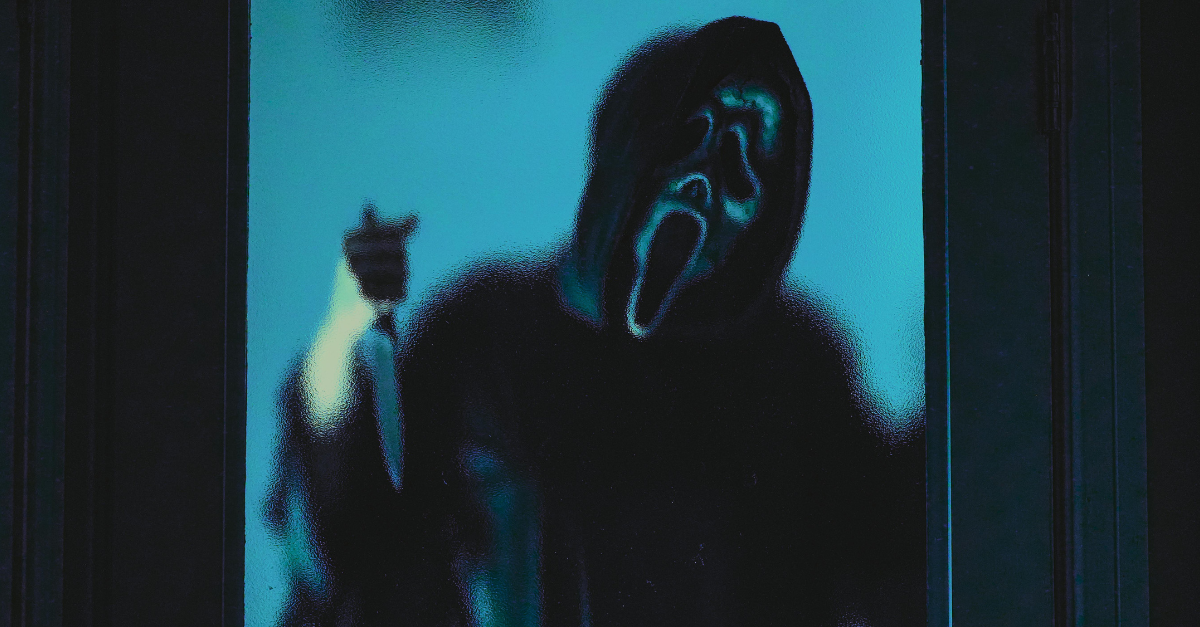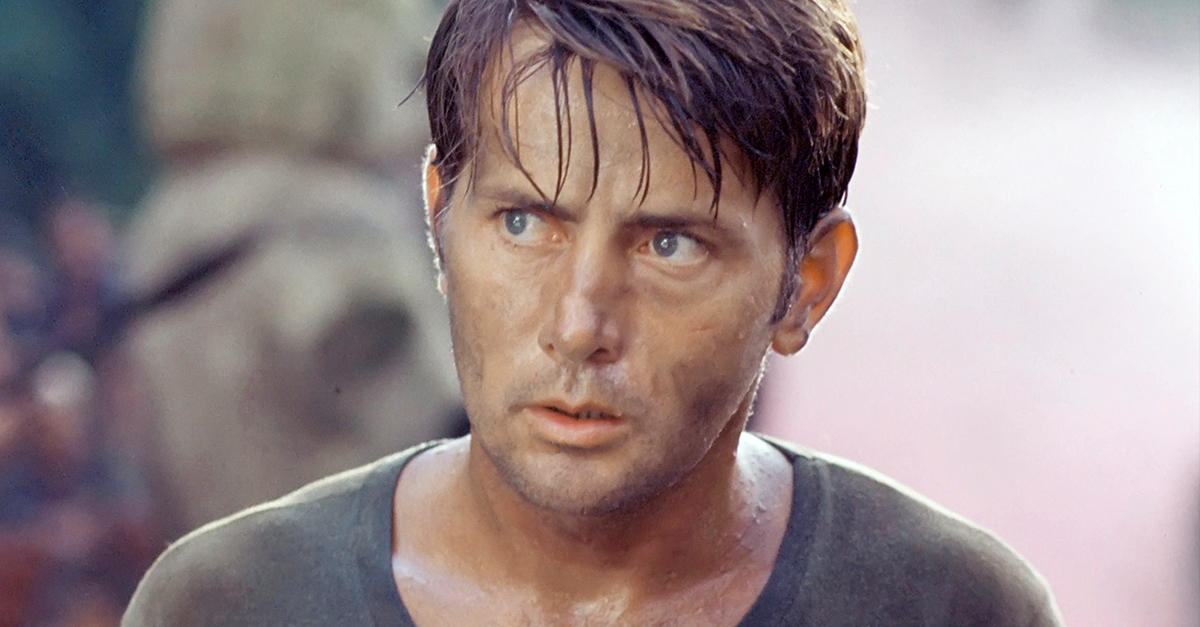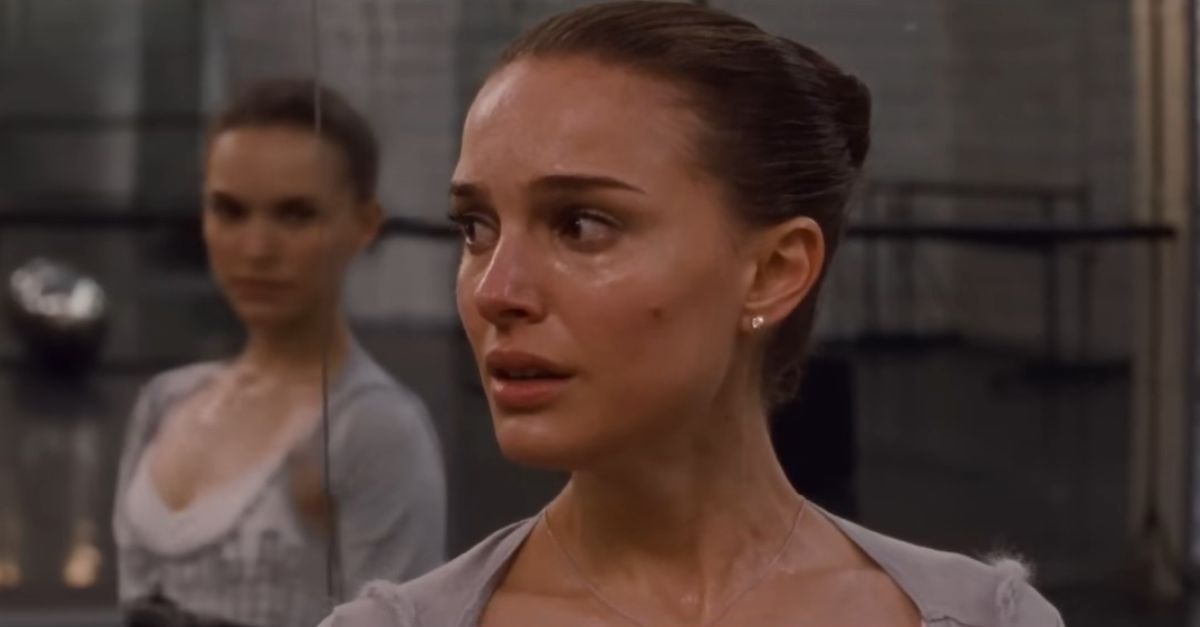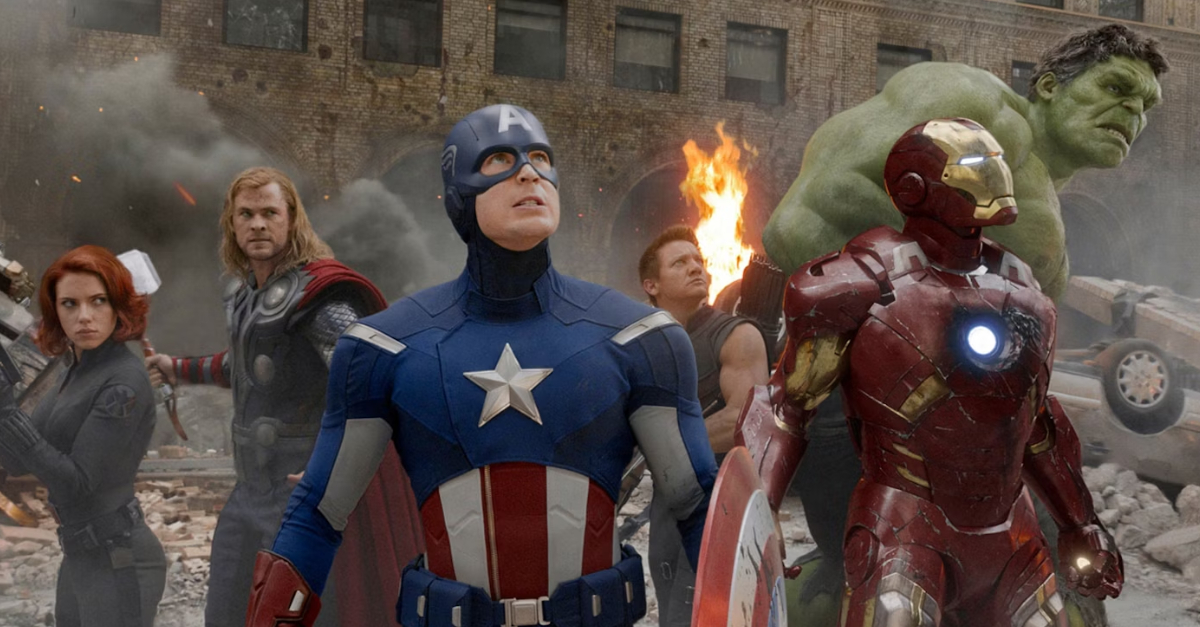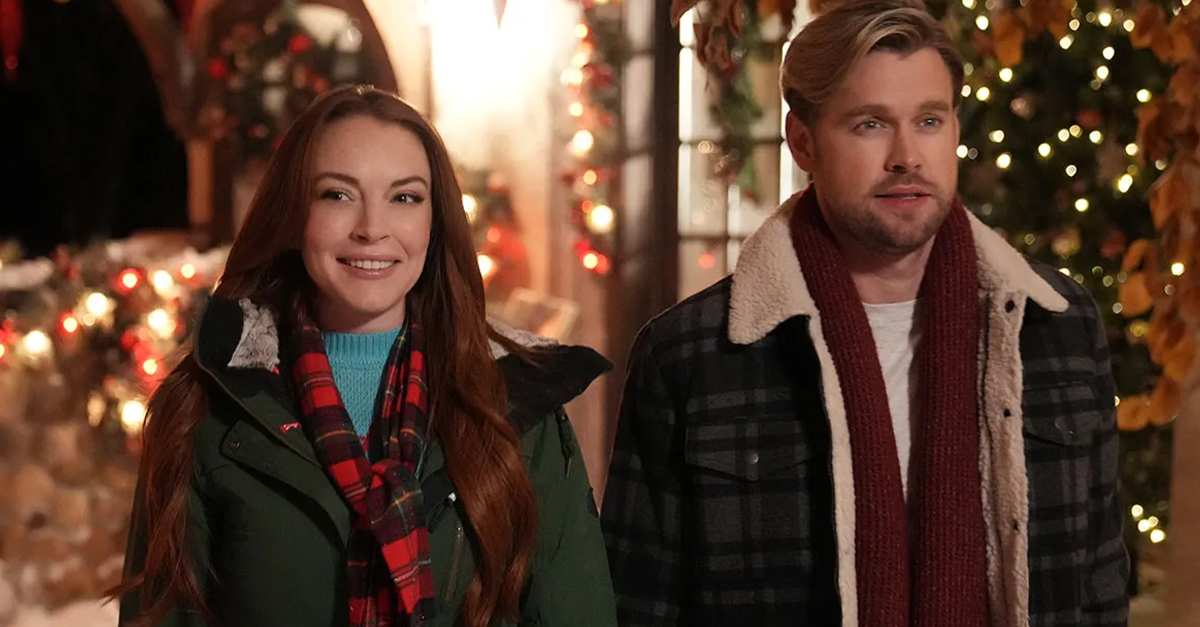When Remakes Forget The Scares
Remakes aren’t automatically cursed, but plenty stumble when they strip away what made the originals special—like remixing a classic riff until it just sounds like static. Sometimes studios over-explain the mystery, sand down the edges, or chase trends and shared universes instead of actual chills. Below are 21 horror remakes that prove fear can be demolished by bloat, bad choices, and the relentless need to “modernize” what was already working just fine.
Lights Out
The original Lights Out short is two minutes of pure nightmare fuel, all suggestion and snap. The feature-length redo turns the unknown into a lore dump, explaining the rules until the monster feels like it came with a user manual. Suspense flickers out the longer it talks.
 Warner Bros. Pictures, Lights Out (2016)
Warner Bros. Pictures, Lights Out (2016)
Ghostbusters: Answer The Call
Horror-comedy is a delicate dance, and this reboot keeps stepping on its own feet. Great cast, sure, but the story hits predictable beats and leans hard on CG noise instead of clever set pieces. You can feel the potential—and the script constantly getting in its way.
 Sony Pictures Entertainment, Ghostbusters: Answer the Call (2016)
Sony Pictures Entertainment, Ghostbusters: Answer the Call (2016)
The Grudge (2020)
Nonlinear timelines can be spooky; here, they’re just confusing. This reboot/re-whatever plants scenes across three years and forgets to link them with tension. It’s the rare curse that mainly punishes the audience.
 Sony Pictures Releasing, The Grudge (2019)
Sony Pictures Releasing, The Grudge (2019)
The Eye
The Pang Brothers’ original blends dread with tragic mystery; the remake swaps that for stiffness and jump-scare pantomime. Jessica Alba tries to carry a story that refuses to look beyond the surface. If you want the good version—watch the Hong Kong one.
 Applause Pictures, The Eye (2002)
Applause Pictures, The Eye (2002)
Psycho
A shot-for-shot redo proves that imitation isn’t artistry. Colorizing Psycho and recasting it doesn’t conjure Hitchcock’s nervy brilliance, it just underlines what’s missing—purpose. If you need a modern spin, the TV offshoot did more with less.
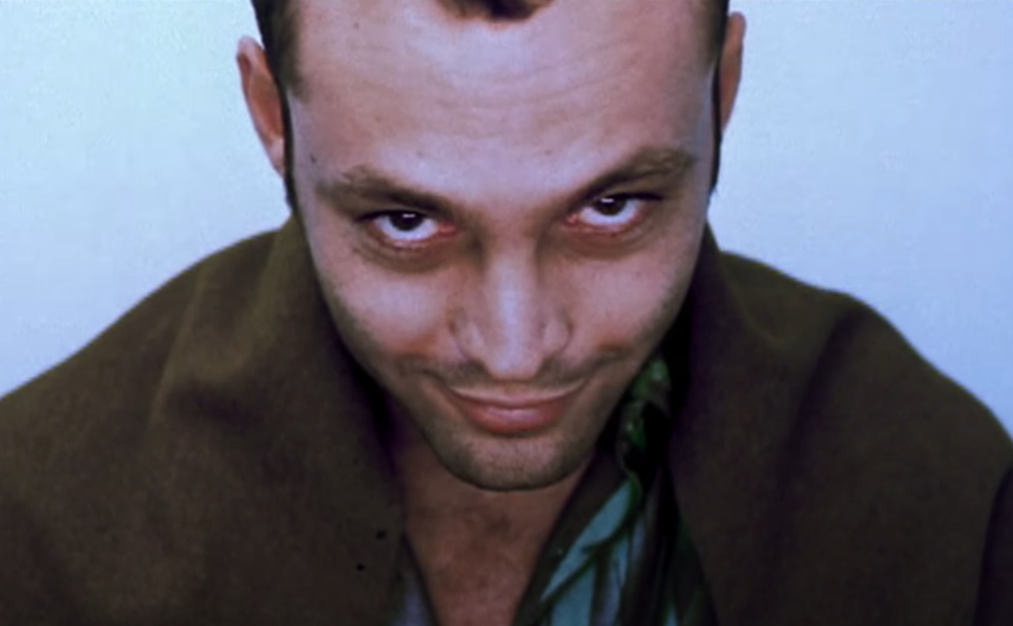 Universal Pictures, Psycho (1998)
Universal Pictures, Psycho (1998)
The Mummy (2017)
Instead of horror adventure, we got an attempted franchise starter with brand-deck loadouts—Jekyll, Hyde, secret societies, the works. The movie keeps laying track for future trains that never arrive. Universe-building is not a substitute for momentum.
 Universal Pictures, The Mummy (2017)
Universal Pictures, The Mummy (2017)
A Nightmare On Elm Street (2010)
Freddy’s dreamworld once mixed gallows humor with surreal terror; the remake trades imagination for grim exposition. Reframing him with nastier “realism” drains the nightmarish playfulness. Dreams feel smaller when you pin them to a corkboard.
 New Line Cinema, A Nightmare on Elm Street (2010)
New Line Cinema, A Nightmare on Elm Street (2010)
Hellraiser
Clive Barker’s mythos thrives on sensation and taboo; the redo gets tangled in its own puzzle-box of subplots. The cenobites look fine, the pacing does not. Two hours has rarely felt so rubbery.
Halloween II (2009)
Rob Zombie’s second swing is all trauma visions and ghostly white horses, snipping the tension thread by thread. It wants to humanize Michael while keeping him unknowable—a contradiction that the movie can’t resolve. When the subtext becomes text, the terror flatlines.
 Dimension Films, Halloween II (2009)
Dimension Films, Halloween II (2009)
The Wicker Man (2006)
Folk horror becomes unintentional comedy, a carnival of bear suits, beehives, and shouted questions about burning things. The original’s slow-burn dread is replaced by memeable mayhem. As a laugh track, it’s effective; as a remake, it’s a bonfire of choices.
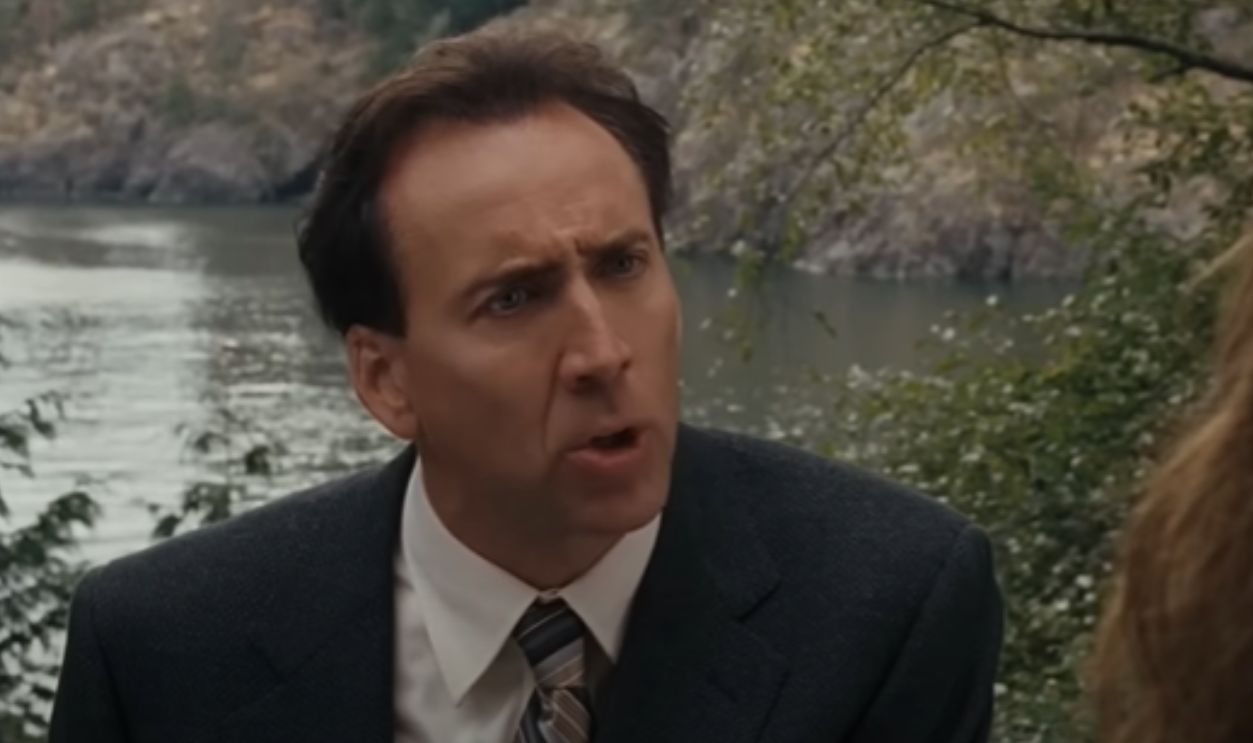 Warner Bros. Pictures, The Wicker Man (2006)
Warner Bros. Pictures, The Wicker Man (2006)
Day Of The Dead (2008/2017)
Romero’s bleak bunker study becomes, in one version, a random outbreak flick and, in another, a threadbare riff on the setup. Both miss the point: claustrophobia and crumbling social order. Not every zombie title needs reanimating.
 Millennium Films, Day of the Dead (2008)
Millennium Films, Day of the Dead (2008)
Firestarter (2022)
The first film isn’t sacred text, but this update somehow finds a lower floor. For a story about uncontrollable flame, it’s curiously inert—heat without light. If your pyrokinesis thriller feels cold, something’s off.
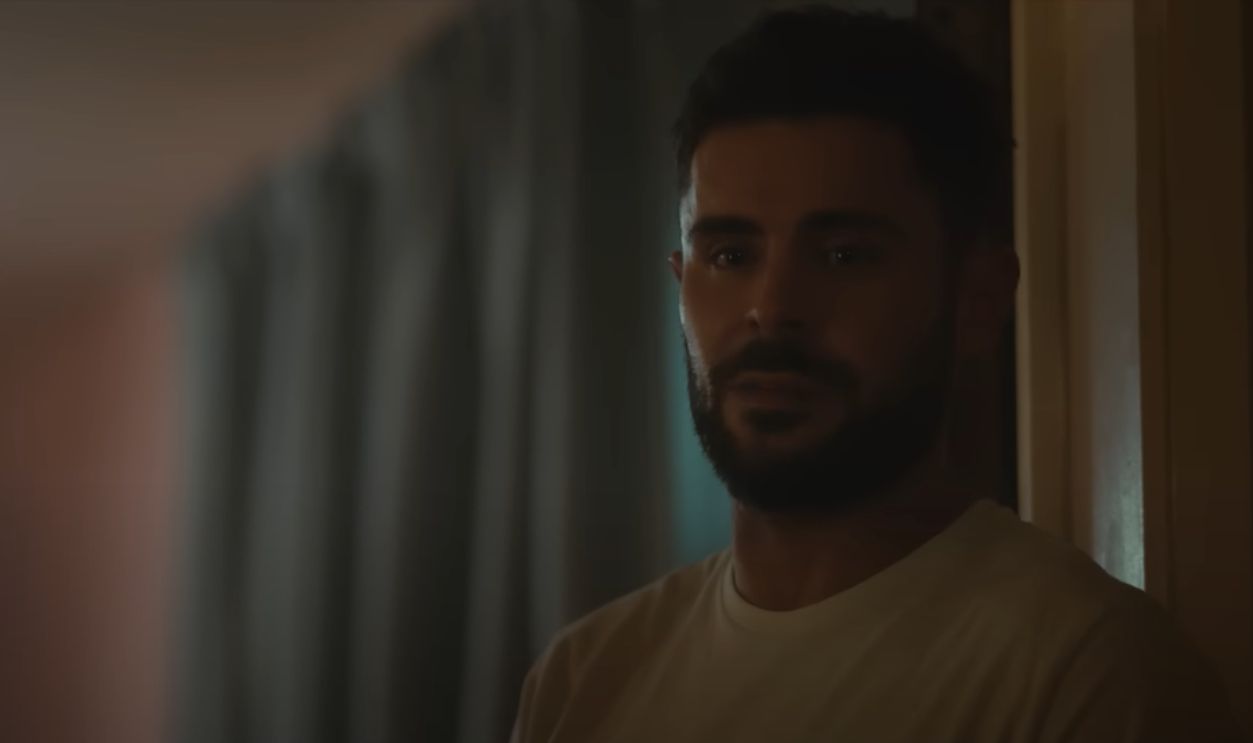 Universal Pictures, Firestarter (2022)
Universal Pictures, Firestarter (2022)
The Fog (2005)
Carpenter’s seaside ghost story worked on mood; the remake swaps vibe for glossy blandness. The secrets are louder, the ghosts are clearer, and somehow everything is less interesting. When your town’s centennial is this dull, cancel the parade.
The Amityville Horror (2005)
A house with history should ooze menace; this one mostly pops out jump scares and CG phantoms. It mirrors the ’79 plot without the creeping rot under the floorboards. Slick doesn’t equal scary.
 Metro-Goldwyn-Mayer, The Amityville Horror (2005)
Metro-Goldwyn-Mayer, The Amityville Horror (2005)
Silent Night (2012)
We didn’t need a remake of Silent Night, Deadly Night, and we really didn’t need one that can’t pick a tone. It wobbles between grim slasher and camp without committing to either. The result is Santa with a sack of shrugs.
 Anchor Bay Films, Silent Night (2012)
Anchor Bay Films, Silent Night (2012)
Flatliners (2017)
Near life ending thrills become med-school melodrama with sleek lighting. The existential questions are replaced by tidy guilt arcs and predictable hauntings. Crossing over isn’t daring when the other side looks like a perfume commercial.
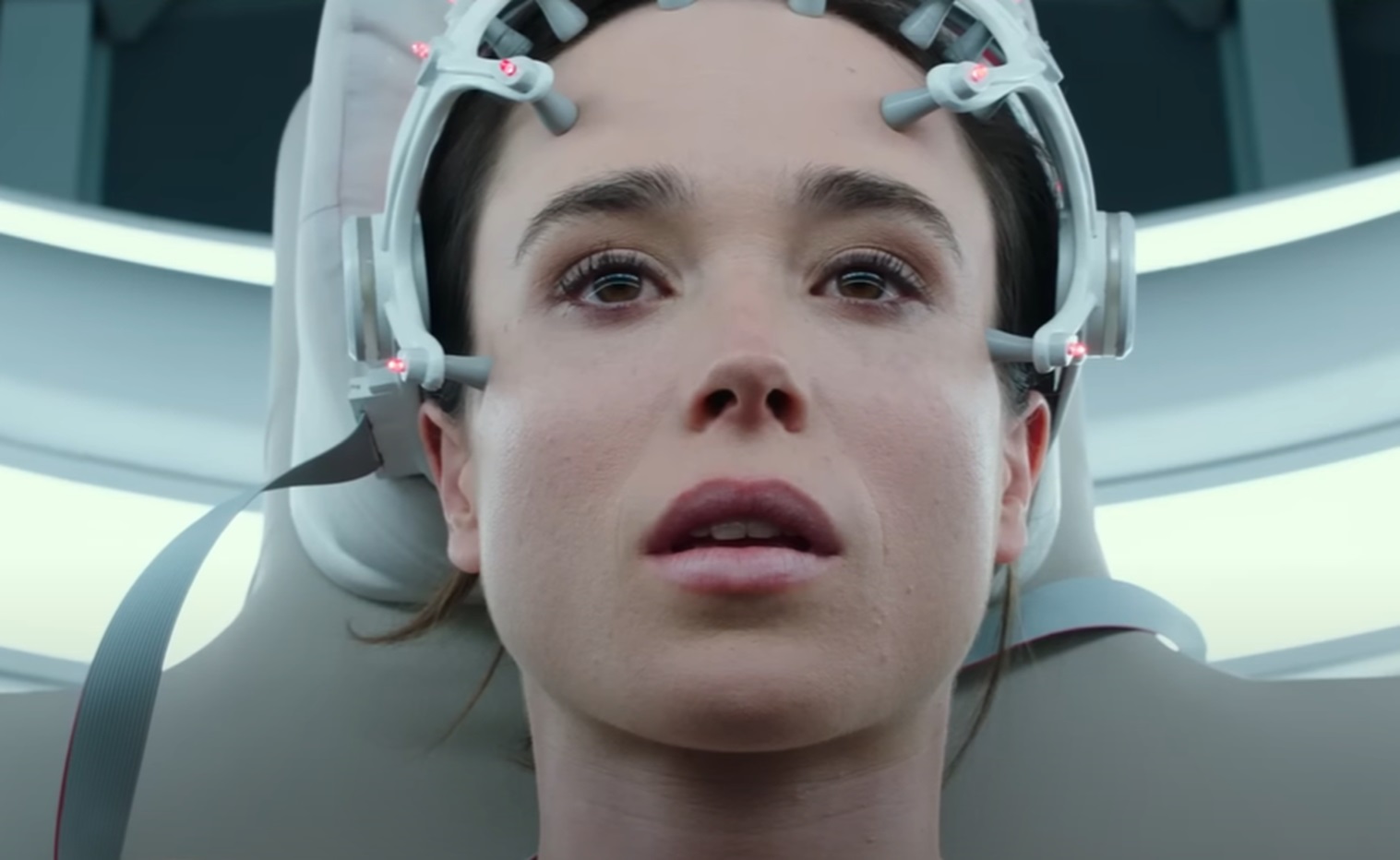 Columbia Pictures, Flatliners (2017)
Columbia Pictures, Flatliners (2017)
Poltergeist (2015)
You can recreate the set pieces, but you can’t photocopy the suburban dread. This update rushes the family dynamics and mistakes louder for scarier. “They’re here” lands like a calendar reminder.
 20th Century Fox, Poltergeist (2015)
20th Century Fox, Poltergeist (2015)
Carrie (2013)
Chloë Grace Moretz and Julianne Moore bring talent, but the film sands down the rawness of teen cruelty. The viral-age touches already felt dated on arrival. Prom night shouldn’t feel perfunctory.
 Metro-Goldwyn-Mayer, Carrie (2013)
Metro-Goldwyn-Mayer, Carrie (2013)
The Hitcher (2007)
The original’s dusty nihilism is swapped for music-video sheen and louder set pieces. Tension used to grow in the gaps; here, the gaps are filled with noise. Sometimes the scariest thing is restraint—this one has none.
 Rogue Pictures, The Hitcher (2007)
Rogue Pictures, The Hitcher (2007)
Pet Sematary (2019)
It’s darker on paper and twistier in the third act, yet those choices feel engineered rather than earned. Grief is a theme, not a vibe you can toggle to “on”. The ground may be sour, but the scares are under-seasoned.
 Paramount Pictures, Pet Sematary (2019)
Paramount Pictures, Pet Sematary (2019)
The Omen (2006)
A scene-for-scene resurrection that proves prophecy without personality is just pageantry. The ’76 original simmered; this one microwaves. If evil is inevitable, it shouldn’t feel this optional.
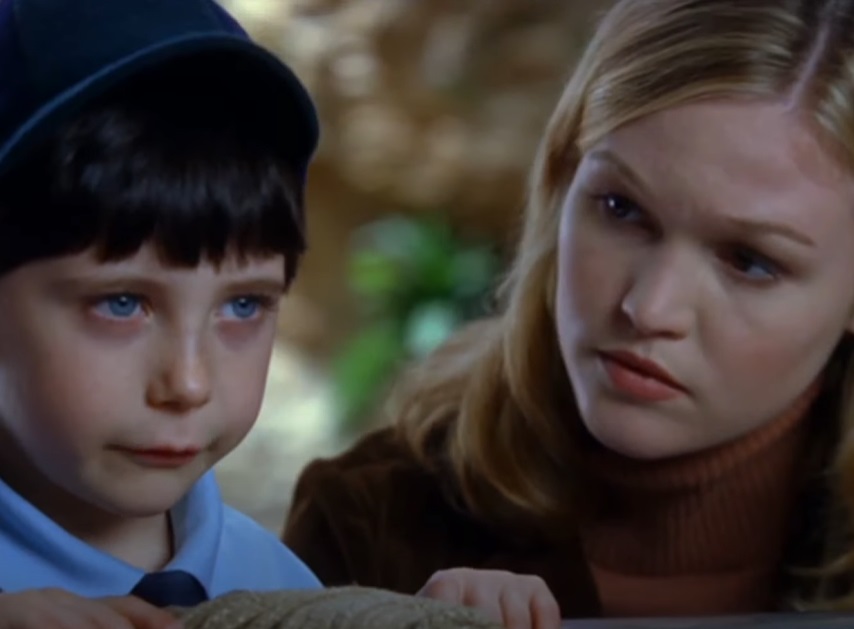 Twentieth Century, The Omen (2006)
Twentieth Century, The Omen (2006)
You May Also Like:
The Best Haunted House Movies Of All Time
Iconic “True Story” Movies That Actually Got A Whole Lot Wrong
TV To Movie Adaptations So Bad They Nearly Ruined The Show Forever

